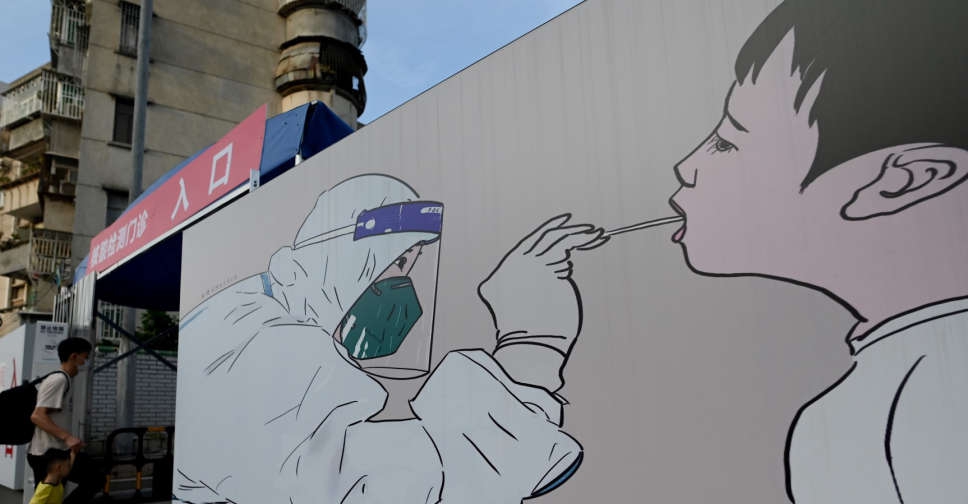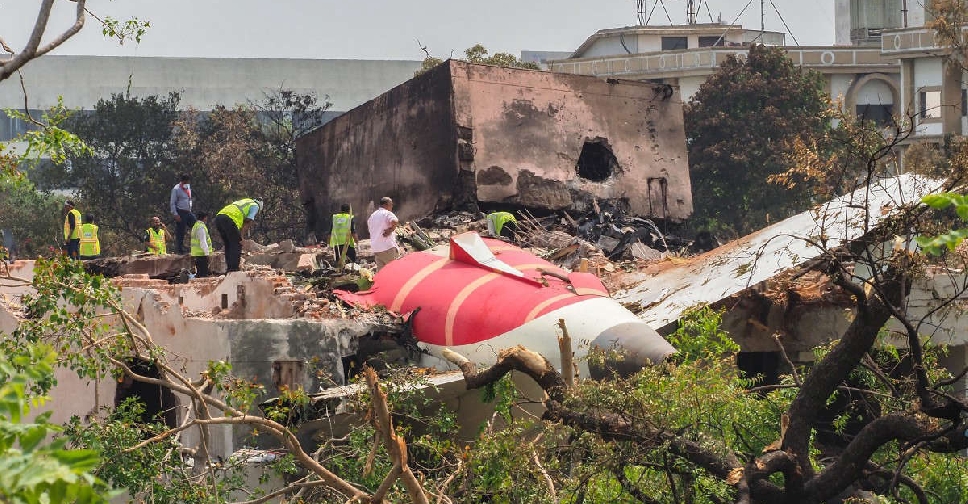
The main districts of Chinese tech hub Shenzhen shut down public transport and extended curbs on public activities on Friday as cities across China battled COVID-19 outbreaks.
Six districts comprising the majority of Shenzhen's population of almost 18 million announced that all residents would be tested twice for COVID-19 over the weekend as subway and bus services were suspended.
Employees should work from home, with the exception of those in self-contained "closed-loop" operations, essential supplies and public services.
In the southwestern metropolis of Chengdu, which put its 21 million people under lockdown on Thursday, factories including plants run by auto giants Toyota and Volkswagen kept production running under closed-loops.
Curbing movements of tens of millions of people intensifies the challenge for China to cushion the economic impact of a "dynamic-zero" COVID policy that has kept its borders mostly shut to international visitors and made it an outlier as other countries learn to live with the coronavirus.
China has given little indication of any plans to pull back on its stringent controls.
Economists at Nomura said in a Friday report that market expectations for easing once China's ruling Communist Party completes a once-in-five-years Congress in October are optimistic.
Nomura expects COVID curbs to remain at least until March, when the annual parliamentary session takes place.
Even then "we expect the economy and markets to experience a difficult period, as people will be either disappointed about no real opening or be overwhelmed by a surging COVID infection", the economists wrote.
The world's second-biggest economy slowed sharply in the second quarter due to widespread lockdowns, and a nascent third-quarter recovery appears in danger of stalling.
"We believe markets still underestimate the severity of this round of (COVID)," Nomura wrote.



 Air India crash report shows pilot confusion over engine switch movement
Air India crash report shows pilot confusion over engine switch movement
 Trump visits Texas flood zone, defends government's disaster response
Trump visits Texas flood zone, defends government's disaster response
 PKK fighters burn weapons in Iraq to start disarmament
PKK fighters burn weapons in Iraq to start disarmament
 UN reports 798 deaths near Gaza aid hubs in six weeks
UN reports 798 deaths near Gaza aid hubs in six weeks



